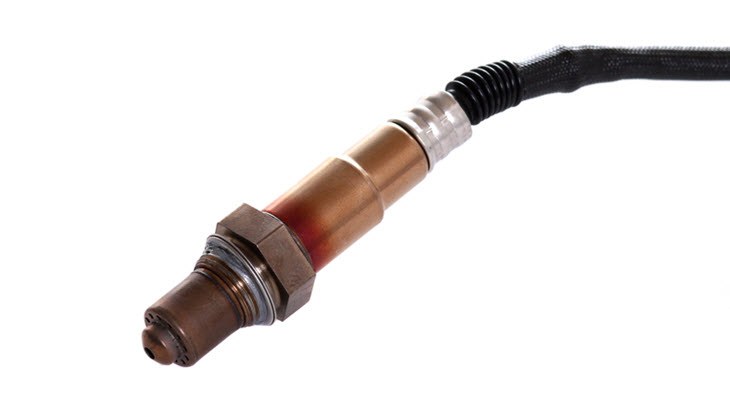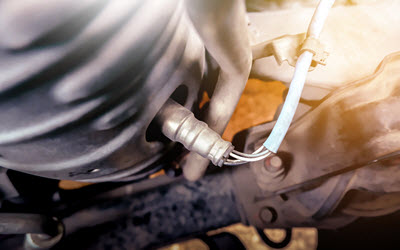


The O2 sensor, or oxygen sensor, is a crucial part of your vehicle’s emission control system. This sensor takes periodic readings of the oxygen content in your exhaust and sends this information to your car’s computer. The computer then adjusts the air-fuel mixture to ensure that it is at the ideal ratio for efficiency and performance. A properly functioning O2 sensor is essential for optimal fuel mileage and emissions, so it is important to keep an eye on this component of your vehicle. If your Buick is not performing as efficiently as it should be, or if it is emitting more pollutants than usual, a faulty O2 sensor may be to blame. In either case, it is best to have a professional mechanic inspect your vehicle to diagnose the problem and recommend the best course of action.
If you’re wondering when to replace your O2 sensor, the answer depends on several factors. Experts typically recommend replacing the sensor while performing regular maintenance every 50,000–60,000 miles. However, if you don’t replace it yourself and your car was made after 1996, the sensor should last for about 100,000 miles. Keep in mind that many car owners never need to replace an 02 sensor on their vehicle. Ultimately, it’s important to consult with a professional to get an accurate assessment of when you should replace your O2 sensor.
Over time, oxygen sensors can become damaged or covered in deposits, causing them to malfunction. As a result, the engine may run leaner or richer than it should, leading to a decrease in fuel efficiency and increased emissions. In some cases, an oxygen sensor issue can also cause drivability problems such as stalling, loss of power, or rough idling. If you’re experiencing any of these issues, it’s important to have your car checked out by a mechanic as soon as possible. Ignoring a problem with your O2 sensor can eventually lead to engine damage.
Sometimes the signs of O2 sensor problems are more subtle, showing up in a more gradual decline in power and performance. If you notice your Buick isn’t performing as well as it used to, it might be time to replace the O2 sensor. The O2 sensor is responsible for monitoring the air-to-fuel ratio in your engine. If it senses that the mixture is too lean (not enough fuel) or too rich (too much fuel), it will adjust the amount of fuel being injected into the engine. Over time, the O2 sensor can become fouled by deposits or simply wear out, which can cause it to become less effective at its job. Replacing the O2 sensor can help to improve your Buick’s performance by restoring proper air-to-fuel mixture. In addition, it can also improve fuel economy and reduce emissions. So if you’re looking for a way to give your Buick a boost, replacing the O2 sensor is a good place to start.
If you suspect your Buick may be having some oxygen sensor problems, 
Your safety is important to us here at Rowlett Motorworks. That’s why we use the most up to date diagnostic equipment to determine what is wrong with your Buick. Whether it is the oxygen sensor or something else entirely, our skilled service technicians will be able to help you develop a plan for addressing the problem.
Conveniently located in Rowlett, TX, we also serve the surrounding areas of Garland, Rockwall, Sachse, and Wylie. In addition to the services of our expert mechanics, we also offer courtesy shuttle services and a 3-year/36,000-mile warranty, so you can be confident in the work completed here. If you suspect your car has an issue with its air sensor, call or stop by today to learn more about how we can help.
